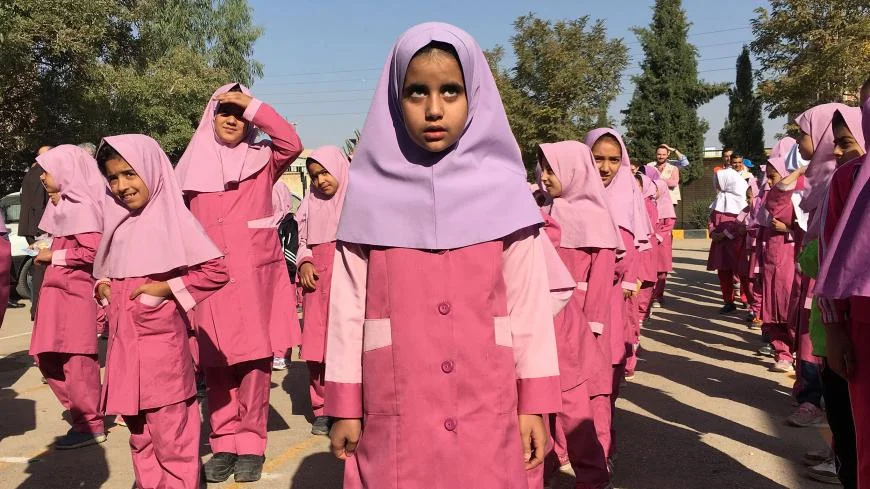Imagine being told that you cannot go to school simply because of your gender. In many parts of the world, girls are denied access to education simply because of their gender. Recent reports of hundreds of girls being poisoned in Iran as a means of preventing them from attending school highlights the ongoing struggle for gender equality and education rights. It is crucial that we continue to raise awareness of this issue and work towards ensuring that every girl has the opportunity to receive an education.
According to reports, the number of girls affected by these poisonings is unclear, but it could be in the hundreds. The poisonings have been linked to the use of toxic substances such as rat poison, which have been added to food or drinks served at schools. The reasons behind these poisonings are not entirely clear, but it is believed that they are part of a wider campaign to prevent girls from receiving an education.
One reason behind this campaign is the traditional gender norms and cultural attitudes prevalent in some parts of Iran, which view education as being more important for boys than for girls. Girls are often expected to prioritize domestic responsibilities over education, and there is a belief that investing in a girl’s education is a waste of resources as they will eventually get married and start families.
Furthermore, extremist groups also view education for girls as being contrary to their religious beliefs. They believe that women should stay at home and prioritize their domestic roles rather than pursuing education or careers outside the home.
These attitudes are not only discriminatory, but they also have serious consequences for girls’ health and well-being. The poisonings have had a devastating impact on the affected girls, causing a range of symptoms including nausea, dizziness, and difficulty breathing. In some cases, the poisonings have been fatal.
The Iranian government has taken some steps to address this issue, including launching investigations into the incidents and increasing security measures at schools. However, more needs to be done to ensure that girls are able to attend school safely and without fear of being poisoned.
Education and awareness-raising campaigns are crucial in challenging cultural attitudes that view education for girls as being less important than education for boys. Such campaigns can help to promote the benefits of education for both girls and boys, including improved health, economic opportunities, and social mobility.
In addition, it is important to hold those responsible for the poisonings accountable. This includes both the individuals who carried out the poisonings and the groups or individuals who ordered them. This kind of accountability can help to deter future incidents and send a strong message that such acts will not be tolerated.
In conclusion, the poisoning of hundreds of girls in Iran to prevent them from going to school is a serious violation of human rights and a cause for concern. It is important to address this issue through education, awareness-raising, and accountability measures to ensure that girls are able to access education safely and without fear. This is not only a matter of promoting gender equality but also a matter of protecting children’s fundamental right to education and their health and well-being.




